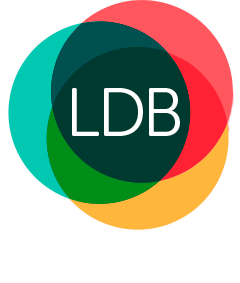What happens to my super when I die?
October 18, 2016

Death is one of those topics most of us like to avoid, but unfortunately, nothing is certain in life but death and taxes. Here, we answer some of the common questions about what happens to your super when you die.
Who receives your super?
The super fund trustee normally pays your death benefit (your super account balance plus any insurance) to one or more of your dependants, or to your estate. ‘Dependants’ include:
- Your spouse (same-sex and de facto partners included)
- Your children (step children or adopted children included)
- People with whom you had an interdependency relationship
- People who depended on you financially.
You can nominate who you want your death benefit paid to, either as a non-binding or binding nomination.
If you don’t nominate a beneficiary, the fund trustee will use their discretion to decide who receives your money.
How do you nominate a beneficiary?
Usually it’s done during the application process, but you can often do so online.
Binding nominations
With these, the trustee is obliged to pay your benefit to your nominated beneficiaries, as long as the nomination is still valid (usually they are valid for three years).
You can nominate one or more of your dependants or your legal representative, so that the money is distributed according to your will.
If you know for certain whom you would like to benefit, making a binding nomination is a good idea.
Non-binding nominations
These are used as a guide by the super fund trustee, but they still have the final say. Preference will be given to those who are financially dependent on you. If your circumstances could change in future, a non-binding nomination may be best.
How can your super be accessed?
Dependants can receive the death benefit as either a lump sum or income stream, non-dependants must be paid as a lump sum. If you believe you are entitled to a death benefit, contact the fund directly.
What are the tax implications?
Dependants do not pay tax on a death benefit if it’s received as a lump sum, while different tax rates apply to payments made via an income stream. Non-dependants receiving a lump sum generally pay tax on the taxable component at the lower of their marginal tax rate or 17%. Tax offsets may apply.
Need help with your super?
Do you find managing your super overwhelming? Don’t have the time to research all the ins and outs? LDB is highly experienced in superannuation and can help answer all your super-related questions.
To find out more about superannuation, please get in touch with LDB by calling (03) 9875 2900 or filling in the contact form below.
